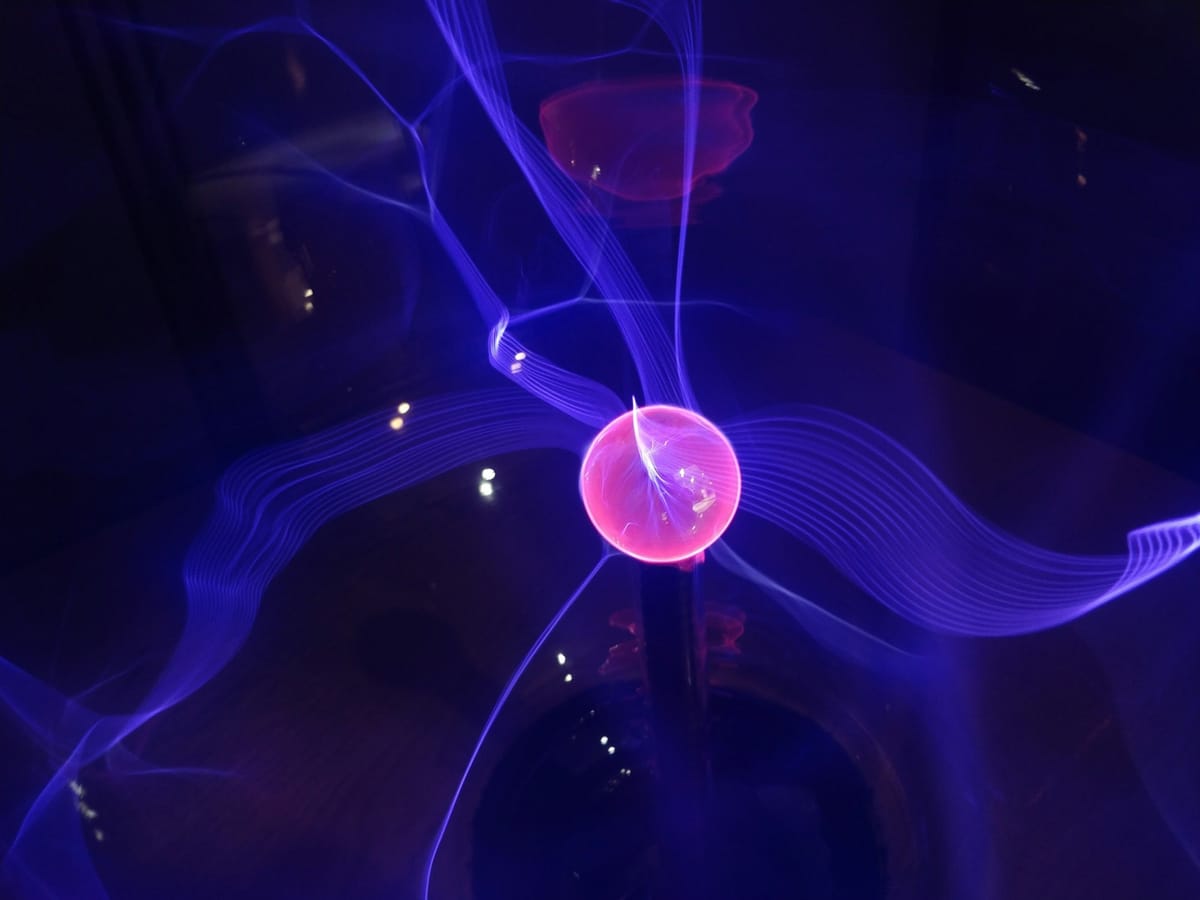God & Quantum Mechanics

Physics is the closest man has come to unravelling the supernatural.
In Quantum mechanics, there's something called the principle of entanglement. It's a phenomenon where two or more particles (at atomic/sub-atomic levels) become linked in such a way that the state of one particle directly affects the state of the other, regardless of the distance between them (imagine two particles light-years apart but still exhibit same state 🤯).
The above phenomenon is immeasurable, random, and a total mystery as to how it fits in with the rest of physics (cause & effect).
Einstein, widely regarded as the father of modern physics, rejected the premise that the universe operates on pure chance and preferred the concept of a deterministic universe (no randomness). As a result, he disagreed with the probabilistic nature of quantum mechanics. In his view, this probabilistic nature meant that "hidden variables" were at play, which, if known, would allow for a complete deterministic description of quantum events.
Einstein spent the remainder of his life, albeit futile, in a quest to establish some unified theory to disprove this randomness (hidden variables). In one of his encounters, he mentioned, “An inner voice tells me that this is not yet the real thing. The theory says a lot but does not bring us any closer to the secrets of the Old One (God). I am at all events convinced that He does not play dice."
But even with the advancements in Physics, we are given only enough glimpses of God and the pattern that God is weaving in the daily affairs of men and even at subatomic levels to sustain our faith and make us yearn for that nearer presence and larger knowledge that is eternal life.
One can find God yet not know it or see it but he was there all along, as in Einstein's case and the inherent limitations of physics.




